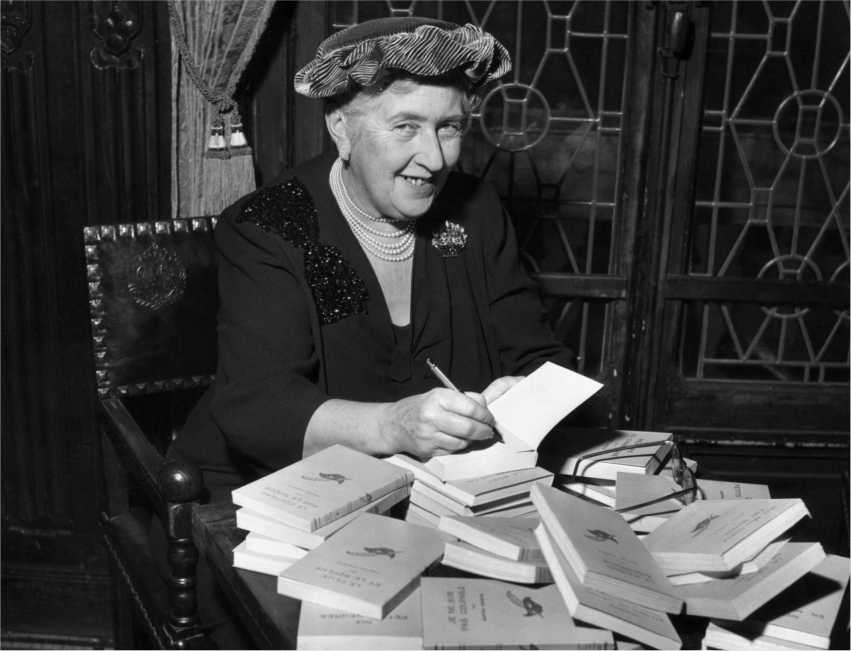Know about the significance of Makar Sankranti and Pongal

- Christopher Rodrigues
- 13 Jan, 2024
Learn about the stories in Hindu mythology associated with them
Makar Sankranti and Pongal are both festivals celebrated in India, and they hold cultural and religious significance in different regions of the country.
Makar Sankranti is usually celebrated on the 14th or 15th of January each year. It marks the end of the winter solstice and the beginning of longer days. The term “Makar” refers to the zodiac sign Capricorn, and “Sankranti” signifies the movement of the sun into Capricorn.
People celebrate Makar Sankranti by taking ritualistic dips in holy rivers, especially the Ganges. It is believed that bathing during this time cleanses the body and soul. Kite flying is a popular tradition during Makar Sankranti in various parts of India, symbolizing the transition of the sun into the northern hemisphere.
Pongal is typically celebrated from January 14 to January 17. Pongal is a harvest festival primarily celebrated in the southern Indian state of Tamil Nadu. It marks the end of the winter season and the onset of spring, celebrating the harvest of crops like rice, sugarcane, and turmeric. The term “Pongal” also refers to a special dish made from newly harvested rice cooked in milk and jaggery.
The festival is marked by various rituals, including the preparation of a special dish called “Pongal.” Families come together to cook this dish as an offering to the Sun God for a bountiful harvest. The festival involves traditional music, dance, and cultural events, fostering a sense of community and gratitude for the harvest.
While Makar Sankranti is celebrated in various parts of India, Pongal holds particular cultural importance in the southern states, especially Tamil Nadu. Both festivals emphasize the themes of harvest, gratitude, and the transition to a new season.
Myths and legends in Hindu mythology associated with Makar Sankranti
Bhishma Pitamah's Liberation: According to a popular myth, Bhishma Pitamah, a character from the Indian epic Mahabharata, had the power to choose the time of his death. He chose to leave his mortal coil during the auspicious period of Uttarayan (Makar Sankranti). It is believed that those who die during this period attain salvation and freedom from the cycle of birth and death.
Ganga Sagar Snan: Another legend is associated with taking a dip in the Ganges River during Makar Sankranti. It is believed that King Bhagirath performed severe penance to bring the Ganges to the Earth to purify the souls of his ancestors. Taking a holy dip during this festival is believed to cleanse one's sins.
Kite Flying Tradition: The tradition of flying kites during Makar Sankranti is associated with the belief that the sun's rays during this period have healing properties. People engage in kite flying to bask in the sun and receive its beneficial rays.
Myths and Legends Associated with Pongal
The Legend of Lord Shiva: Pongal is often associated with a legend involving Lord Shiva and his bull, Nandi. According to the myth, Lord Shiva sent Nandi to Earth to deliver a message to humankind to have an oil massage and bath daily and eat once a month. However, Nandi mistakenly advised people to eat daily and have an oil massage once a month. In response, Lord Shiva cursed Nandi to live on Earth and plow fields to help people produce more food.
The Cattle Ritual - Mattu Pongal: The third day of Pongal, known as Mattu Pongal, is dedicated to the worship of cattle. The legend behind this ritual involves Lord Krishna, who lifted the Govardhan Hill to protect the people and their cattle from the wrath of Lord Indra's rains. In gratitude, people started worshipping their cattle on this day.
Adi Shankaracharya's Legend: According to another legend, Adi Shankaracharya, a great Hindu philosopher, challenged scholars to debate in four different places, and in each place, he faced victory. He attributed his success to the blessings of the divine mother. This event is celebrated during the Pongal festival.
These myths and legends add depth and cultural richness to the celebrations of Makar Sankranti and Pongal, connecting the festivals to the cultural and religious fabric of India.




